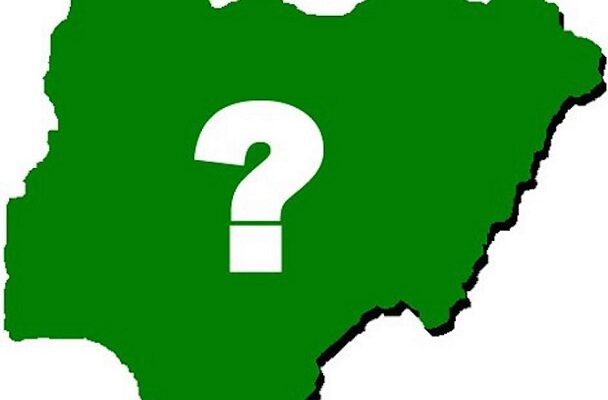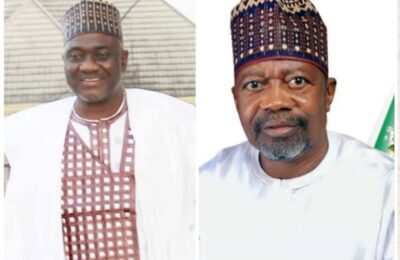Nigeria, long hailed as the “Giant of Africa,” is today a nation standing at a dangerous crossroads. The country’s vast natural wealth and youthful population offer immense potential, yet corruption, insecurity, weak governance, economic hardship, and a failing education system are dragging it toward an uncertain future. Unless urgent reforms are taken, Nigeria risks becoming, as Nobel Laureate Wole Soyinka once warned, “a wasteland of squandered opportunities.”
Corruption: The Root of Decay
The Transparency International (2023 Corruption Perceptions Index) ranked Nigeria 145 out of 180 countries, signaling how deeply corruption has eaten into public institutions. Former Emir of Kano, Sanusi Lamido Sanusi, bluntly captured the danger when he said: “If we don’t kill corruption, corruption will kill Nigeria.” Billions meant for hospitals, schools, and infrastructure continue to vanish into private pockets, while citizens suffer the consequences of poor services.
Insecurity: A Nation Under Siege
From Boko Haram insurgency in the Northeast to banditry in the Northwest and kidnapping epidemics across the country, insecurity has crippled both lives and economic growth. The Council on Foreign Relations (CFR) estimates that violent conflict in Nigeria has killed over 350,000 people in the last decade. As former President Olusegun Obasanjo recently lamented, Nigeria risks “dissolution from within” if leaders fail to restore security and national cohesion.
Economic Hardship and Unemployment
Despite being Africa’s largest oil producer, Nigeria faces a paradox of poverty. The World Bank (2024 report) states that over 40% of Nigerians live below the poverty line. Inflation, fueled by poor fiscal policies and over-reliance on imports, continues to erode the value of wages. Economist Bismarck Rewane noted that Nigeria’s economy is “running on potential, not productivity,” highlighting the structural reforms needed to harness its resources and labor force effectively.
Education and Human Capital Deficit
Nigeria’s education crisis is another ticking time bomb. According to UNICEF, over 20 million Nigerian children are out of school—the highest number globally. Strikes, outdated curricula, and neglect of technical and vocational training (TVET) weaken the nation’s human capital. As Prof. Attahiru Jega, former INEC Chairman, observed, “A nation that ignores its schools and teachers mortgages its future.”
Weak Institutions and Leadership Deficit
Nigeria’s democratic institutions remain fragile, often manipulated by political elites. Elections are marred by irregularities, while the judiciary and legislature struggle with independence. Political analyst Cheta Nwanze of SBM Intelligence argues that “Nigeria doesn’t have a resource problem—it has a governance problem.” Without strengthening institutions, every effort at reform risks collapse.
Can Nigeria Be Saved?
Despite these grim realities, the future is not all bleak. Nigeria’s youthful population—over 70% under the age of 30—represents a powerful force for innovation and change. Think tanks like the Brookings Institution argue that if Nigeria invests in its youth, it could become a major driver of Africa’s development. Former Finance Minister Ngozi Okonjo-Iweala, now WTO Director-General, has also emphasized that “Nigeria’s future lies not in oil, but in its people—educated, skilled, and empowered.”
Conclusion: A Nation at the Crossroads
Nigeria’s future hangs in the balance. The country can continue on its path of corruption, insecurity, and decline—or it can embrace reform, strengthen institutions, invest in education, and empower its youth. The choice is stark but clear. As the late literary icon Chinua Achebe once wrote, “The trouble with Nigeria is simply and squarely a failure of leadership.” Whether Nigeria remains the “Giant of Africa” or becomes a fallen giant will depend entirely on the courage and vision of those entrusted to lead it.
– Moses Emani Salami writes from Kogi state.




